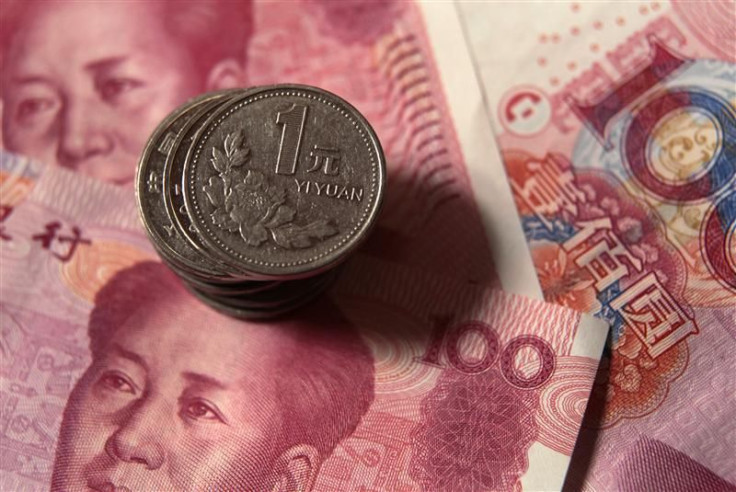China?s April Trade Surplus Widens On Weak Imports

China's trade surplus widened to $18.4 billion in April amid slower-than-expected growth in imports, raising concerns the world's second-largest economy isn't doing enough to stimulate domestic demand and avert a slowdown.
Imports rose 0.3 percent to $144.8 billion in April while exports climbed 4.9 percent to $163.3 billion, leaving a surplus of $18.4 billion, according to customs data released on Thursday. That compared with a surplus of $5.35 billion in March and a deficit of $31.5 billion in February, the Associated Press reported.
Both weak domestic demand and falling global commodities prices, particularly for iron ore and crude oil, have also pressured China; also, a downturn in the property sector has hurt the economy. Economists expect Beijing will implement further measures to spur the economy, Dow Jones Newswires said.
The ongoing debt crisis in Europe and a soft U.S. recovery have also hurt China's crucial export sector. The International Monetary Fund has warned that a worsening of the European crisis could cut China's economic growth by half this year.
China is targeting an economic growth of 7.5 percent in 2012, which is a significant decrease from recent years. China's gross domestic product growth slowed to 8.1 percent in the first quarter, the lowest rate in three years, due to soft global demand and reduced real estate investment in China.
In February, the World Bank said China's export- and investment-driven economic model, though successful for decades, was no longer sustainable and reforms were needed to prevent a sudden downturn. Beijing's goal this year would be to promote steady, robust economic development, keep prices stable, and guard against financial risks by keeping money and credit supplies at appropriate levels while being cautious and flexible.
Earlier this month the HSBC flash Purchasing Managers Index (PMI) showed China’s manufacturing activity improved in April compared to March but continued to contract for the sixth straight month. The HSBC index pointed to a slower pace of deterioration than in March, largely reflecting slower rates of decline of manufacturing production and new orders.
The downbeat euro zone PMI suggests that risks to foreign demand there remain on the downside. It's unlikely that China's trade surplus will continue to increase given the uncertainty in the global economy and the protectionist streak displayed by developed nations.
China’s government, meanwhile, has encouraged banks to provide more loans to smaller companies. China cut the percentage of cash reserves twice in recent months in a bid to stimulate lending to small businesses. China is also planning to ease monetary policy further to boost liquidity in the financial system and help the economy regain its growth momentum.
© Copyright IBTimes 2024. All rights reserved.




















